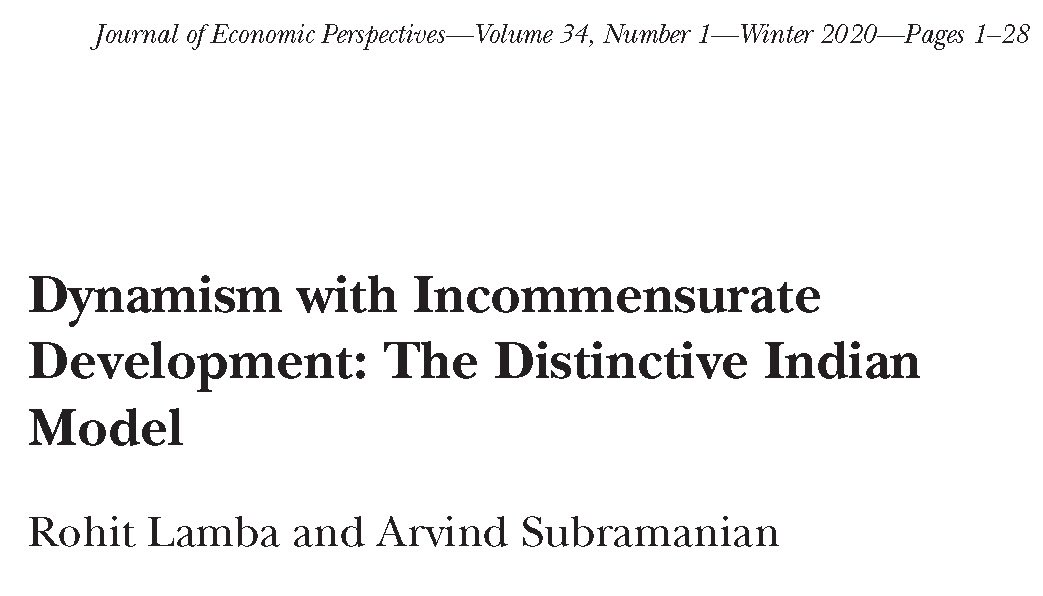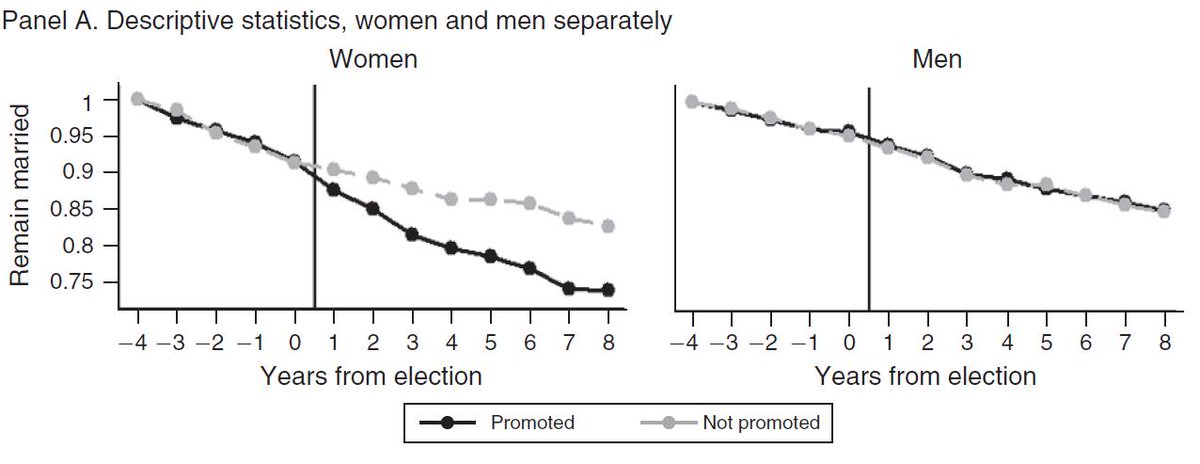pubs.aeaweb.org/doi/pdfplus/10…
Inspired by "the map is not the terrain", we argue that maps matter & examine the economic antecedents & consequences of mapping distortions
tweetstorm below 👇🏾
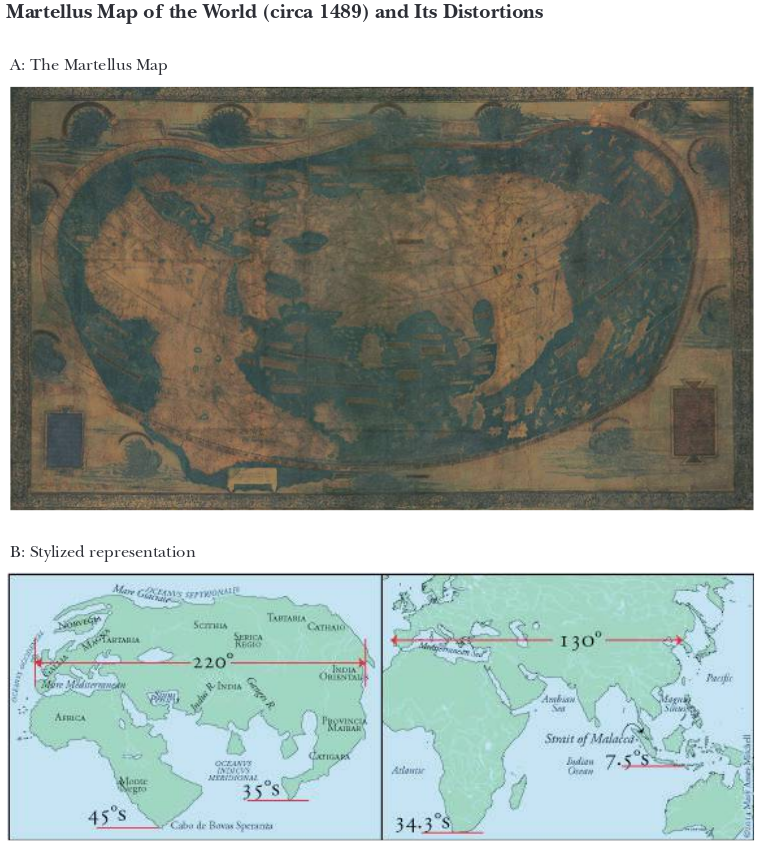
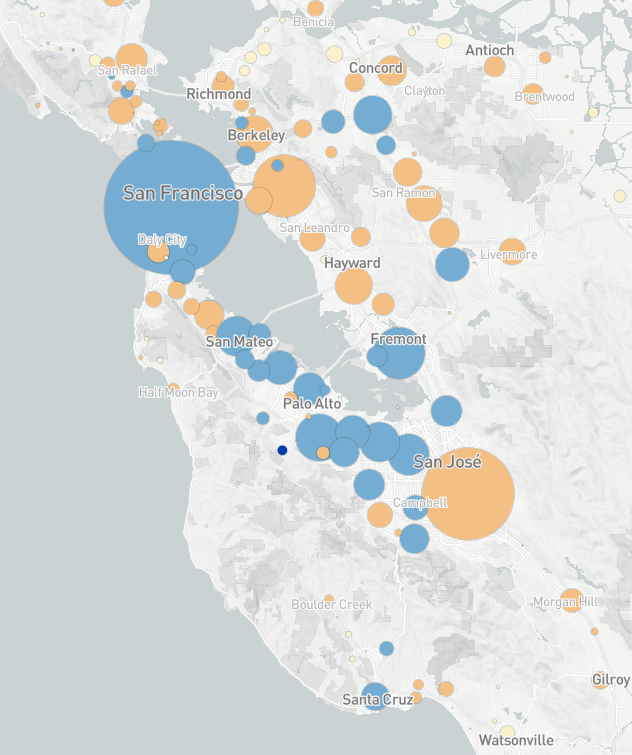
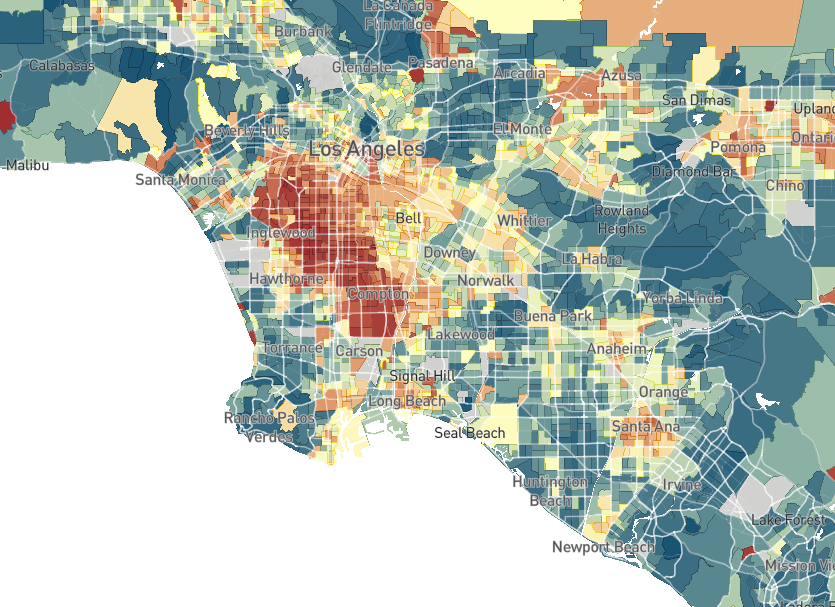



Keep Current with Abhishek Nagaraj 🗺️
This Thread may be Removed Anytime!
Twitter may remove this content at anytime, convert it as a PDF, save and print for later use!

1) Follow Thread Reader App on Twitter so you can easily mention us!
2) Go to a Twitter thread (series of Tweets by the same owner) and mention us with a keyword "unroll"
@threadreaderapp unroll
You can practice here first or read more on our help page!
